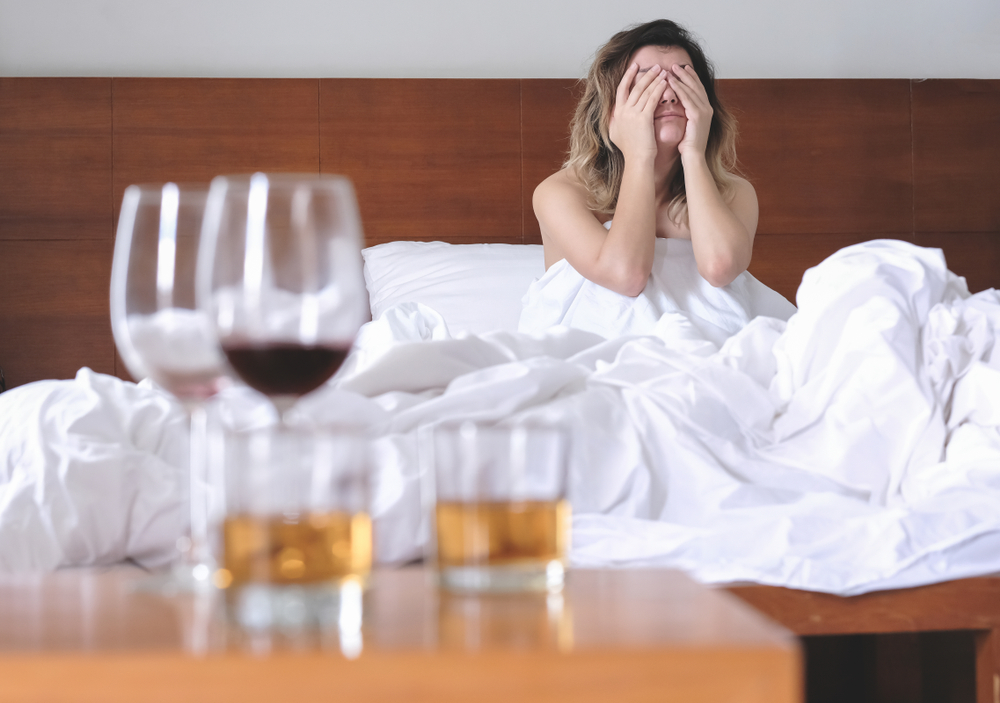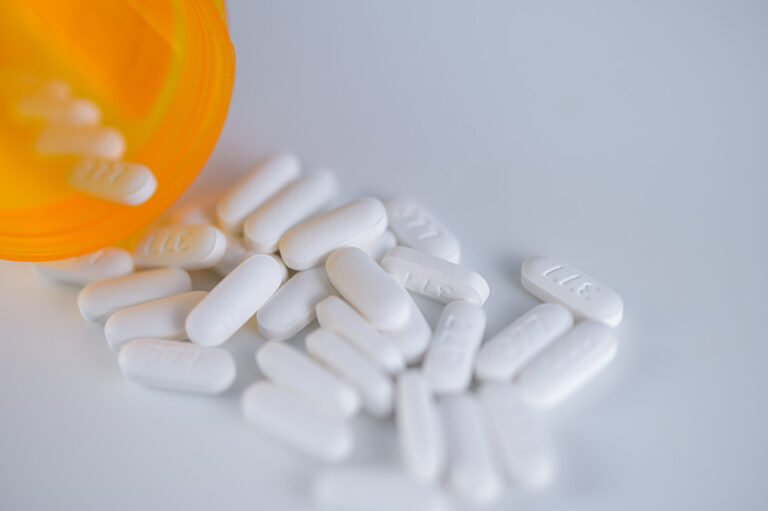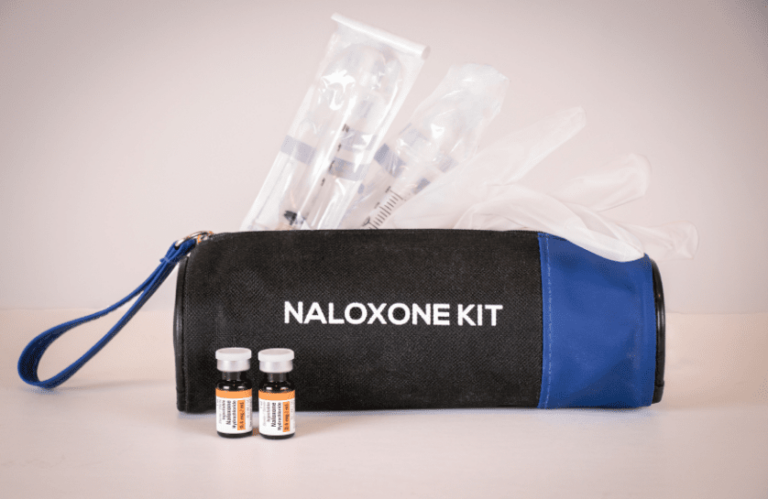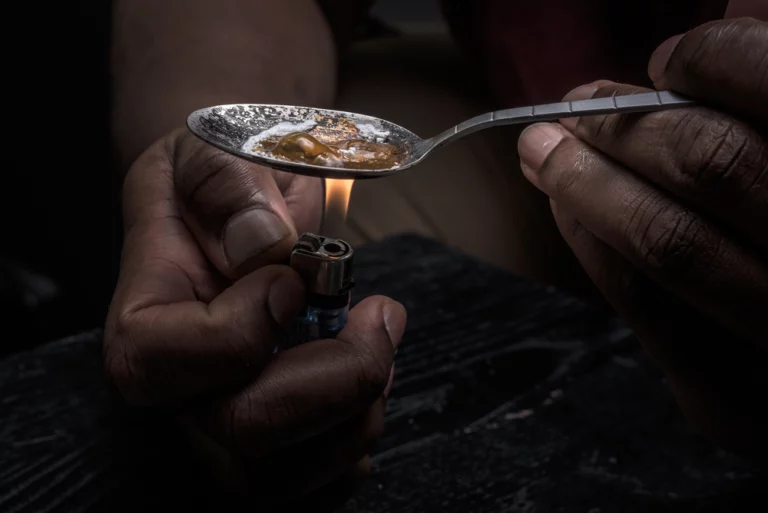A Guide to Hangover Supportive Therapy
If you have experienced a night of drinking heavily, then you’ve probably woken up feeling the dreaded effects of a hangover. The headache, tremors, and nausea are enough to make you never want to drink again. Hangover supportive therapy, or hangover cures, are different techniques that have been developed throughout history to help curb these effects. While some remedies may work for others, it’s best to abstain from drinking altogether if you’re experiencing severe hangover effects each time you drink. However, if you decide to drink, we’ve created this helpful guide to address the hangover support therapies.
In this article, we will cover what a hangover is, the causes and symptoms of a hangover, and common hangover cures and myths.
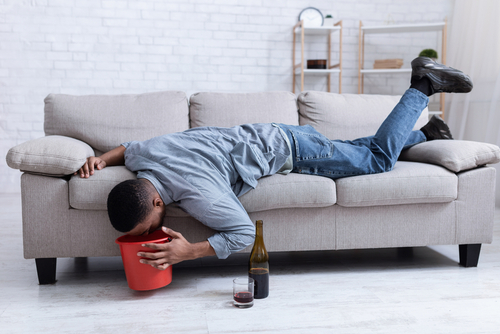
What is a Hangover?
According to the National Institute on Alcohol Abuse and Alcoholism, an alcohol hangover is the experience of a set of symptoms that happen after heavy alcohol consumption. These symptoms can vary from person to person, and the intensity of a hangover can depend on various factors.
Hangover Symptoms
While you may not experience a hangover after only one or two drinks, once you begin drinking alcohol heavily, the chances of experiencing a hangover increase. There are factors such as gender, body composition, the type of alcohol consumed, the last time you ate, and how fast the alcohol was consumed that can contribute to the intensity of the hangover. However, here are some common hangover symptoms that you may experience:
- Headache
- Shakiness
- Nausea or vomiting
- Increased blood pressure
- Sensitivity to light and sound
- Dry mouth
- Sweating
- Fatigue
Why Do Hangovers Happen?
Once you’ve experienced the symptoms of a hangover, you may wonder ‘why do hangovers happen?’ While there is no clear answer to this question, several factors can contribute to the development of a hangover. Some of the most agreed-upon causes of hangovers are:
- Dehydration: Alcohol is a diuretic, which increases urine production and can lead to dehydration. Dehydration can cause headaches, dizziness, and fatigue.
- Inflammation: Alcohol can trigger an inflammatory response, raising inflammation throughout the body. This can lead to symptoms similar to being sick such as headaches, muscle aches, and fatigue.
- Acetaldehyde Exposure: When alcohol is metabolized in the liver, it produces a toxic byproduct called acetaldehyde. Acetaldehyde can cause symptoms such as nausea, vomiting, and headache.
It’s essential also to recognize that certain chemical compounds in different alcoholic beverages can also cause hangovers or worsen symptoms.
- Congeners: These are compounds that are produced during fermentation, and they contribute to the taste and smell of alcohol. These compounds are more prevalent in darker alcohol, such as bourbon or whiskey, and can worsen hangover symptoms.
- Sulfites: These are compounds that are added to wine as preservatives. These have been linked to worsening headaches in those sensitive to sulfites.
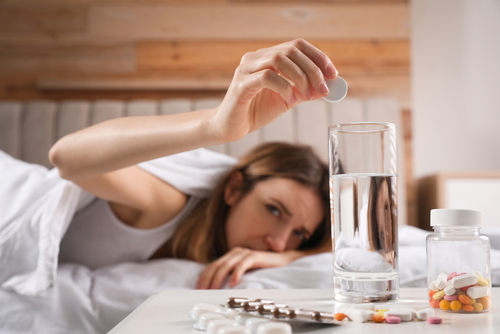
What is Hangover Supportive Therapy?
Hangover supportive therapy, also known commonly as hangover cures, is a form of treatment. These therapies help to combat the effects of alcohol and ease any hangover symptoms.
The effects of alcohol can be difficult to manage on your own, so having resources to rely on can be beneficial. While there are many ways to alleviate hangover symptoms, it’s important to know that the best practice is to abstain from drinking alcohol.
Common Hangover Cures
Some of the most common hangover cures you may already be familiar with are:
- Water: Drinking alcohol dehydrates you, so ensuring you get enough water while drinking can curb the effects of alcohol. Having a glass of water before drinking and when you wake up in the morning will help replace the water lost during the night. Having a sports drink, like Gatorade, can also help replace electrolytes in your body.
- Pain Relievers: While over-the-counter pain relievers can help with headaches, it’s important to understand their risks while drinking alcohol. Some NSAIDs, like acetaminophen or ibuprofen, can irritate the stomach lining and cause liver damage.
- Sleep: One of the best ways to help a hangover is to rest and detox your body from alcohol. Alcohol prevents deep sleep, so rest is imperative to help get over a hangover.
These methods can greatly alleviate the symptoms if you are experiencing a mild hangover. However, if you are experiencing a moderate to severe hangover, you may want to try something slightly stronger.
Alternative Methods & Natural Products
In addition to the commonly used hangover supportive therapy listed above, there are other ways to combat a hangover. While some of these methods may work, it’s important to know that they need more research to fully determine their effectiveness. Here are some alternative hangover supportive therapies:
- Korean Pear Juice: Korean pear juice is an older natural hangover remedy meant to be drank before you start drinking. Drinking Korean pear juice has been said to lower blood alcohol levels and break down alcohol faster, leading to less intense hangover symptoms.
- Ginseng: Ginseng, especially Red Ginseng, is a herb used in traditional Chinese medicine and has been shown to reduce hangover symptoms. Red Ginseng was shown to help speed up the alcohol metabolism rate in the body and lower blood alcohol levels.
- Prickly Pear Cactus: Prickly pear cactus is a plant traditionally used to treat hangovers. Prickly pear has been shown to be an anti-inflammatory and help reduce nausea.
- Supplements: Supplements, like electrolyte supplements, have become increasingly popular in the past few years. Electrolytes such as sodium, potassium, and magnesium can help replenish fluids that may have been lost due to alcohol consumption.
- IV Drip Therapy: IV drip therapy is a fast and effective way to alleviate hangovers. It is used to deliver fluids, vitamins, and other nutrients directly into the bloodstream. A medical professional should conduct this method as there is a risk of infection.
Common Myths About Hangovers
Throughout history, there have been plenty of myths surrounding hangovers and how to get rid of them. While we have already covered some ways to help relieve a hangover, there are some myths about hangovers to be aware of.
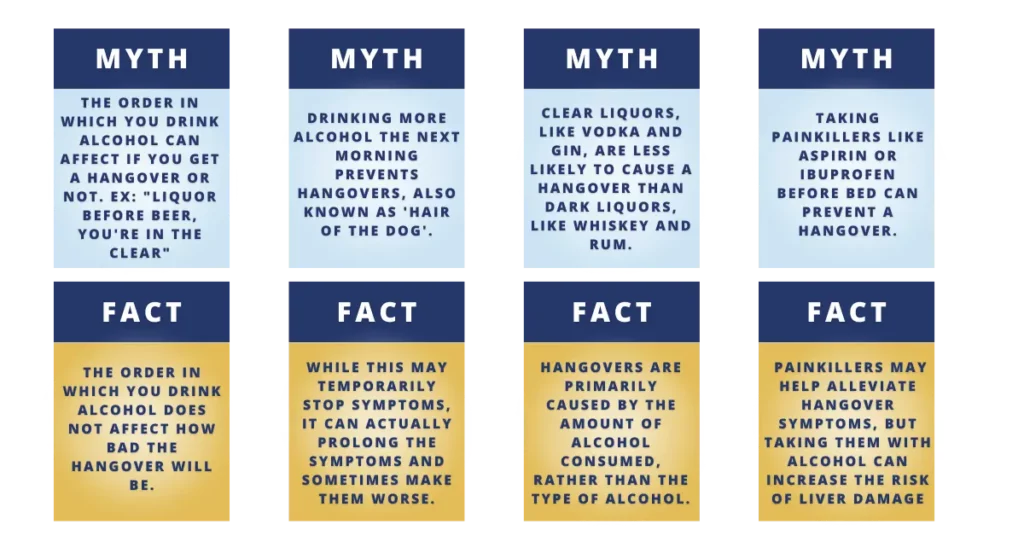
Alcohol Addiction Treatment at Louisville Recovery Center
Do you find yourself constantly waking up with a hangover? Are you constantly searching for better and more effective hangover supportive therapies? If so, you may suffer from an alcohol use disorder (AUD) that can impact your entire life.
At Louisville Recovery Center, we aim to treat the whole person with our supportive and holistic addiction treatment programs. We offer various treatment therapies to address every aspect of your life and cater to your unique needs.
If you or a loved one are suffering from alcohol addiction, contact us today to learn more about our programs. Seeking help can be difficult, but let us help you find the sobriety you deserve.

